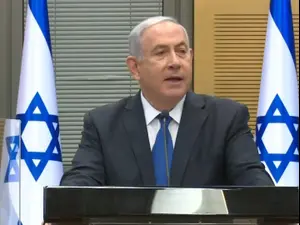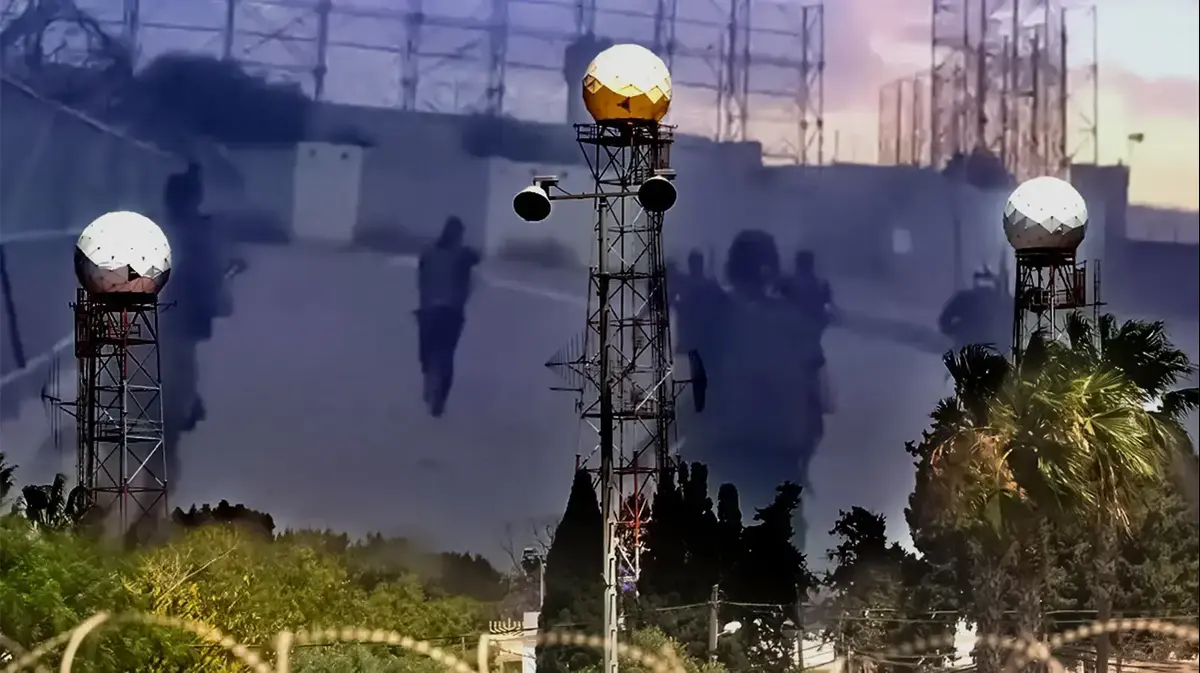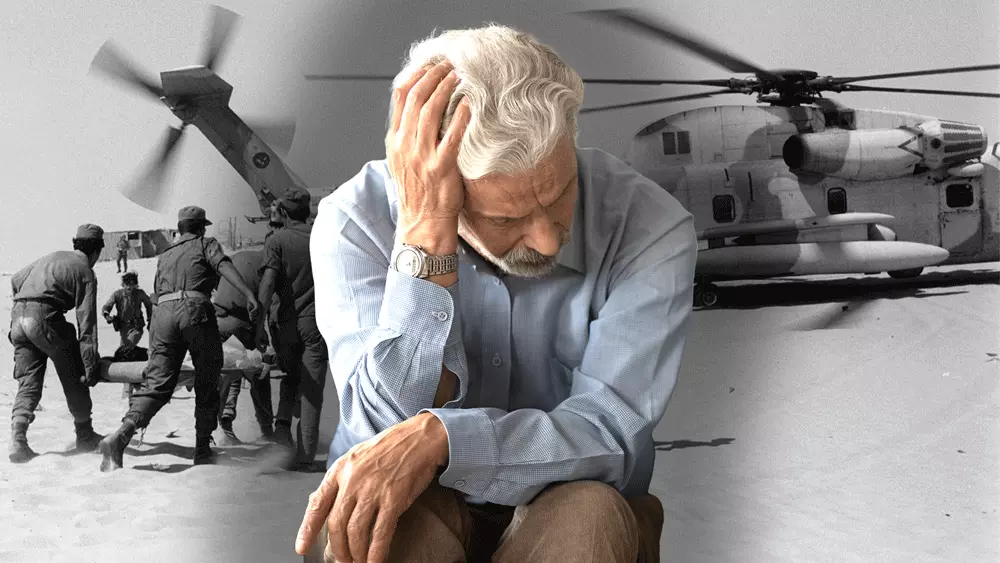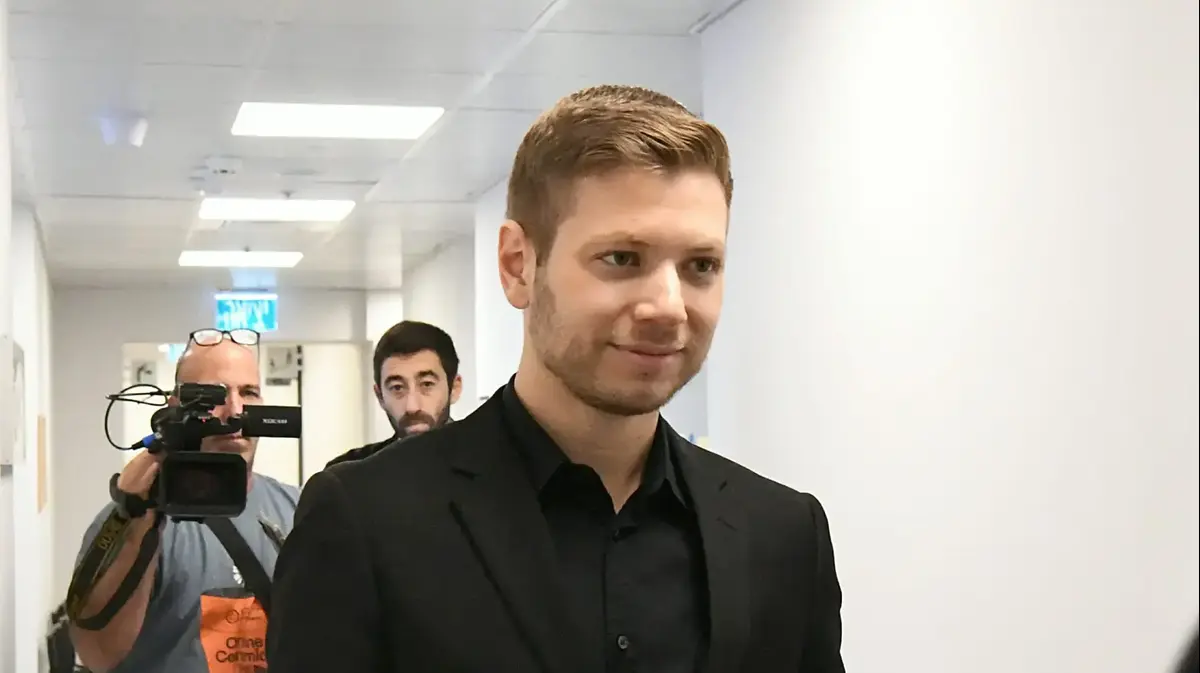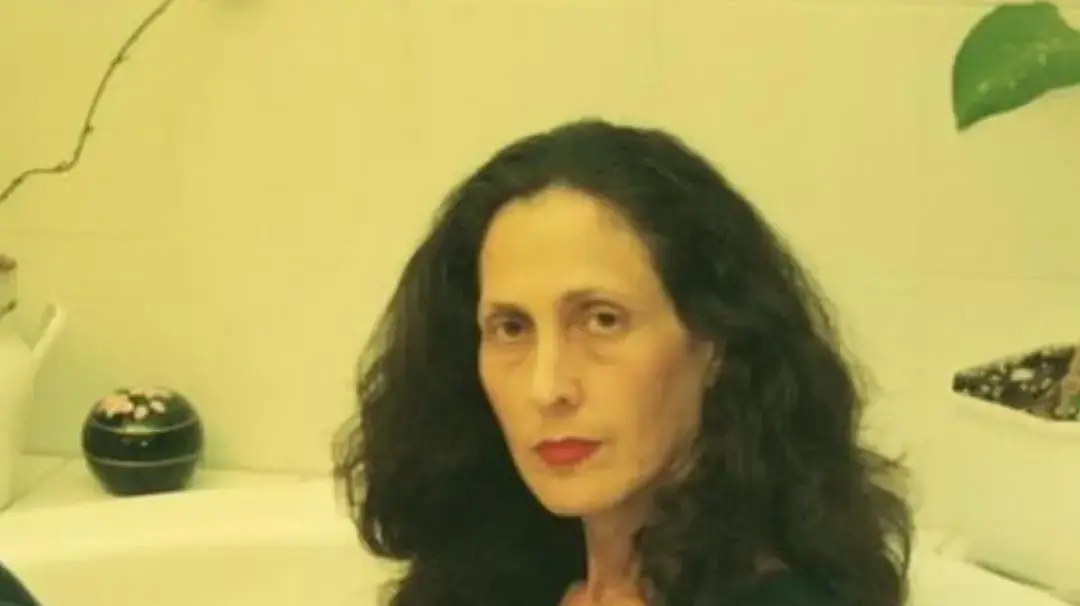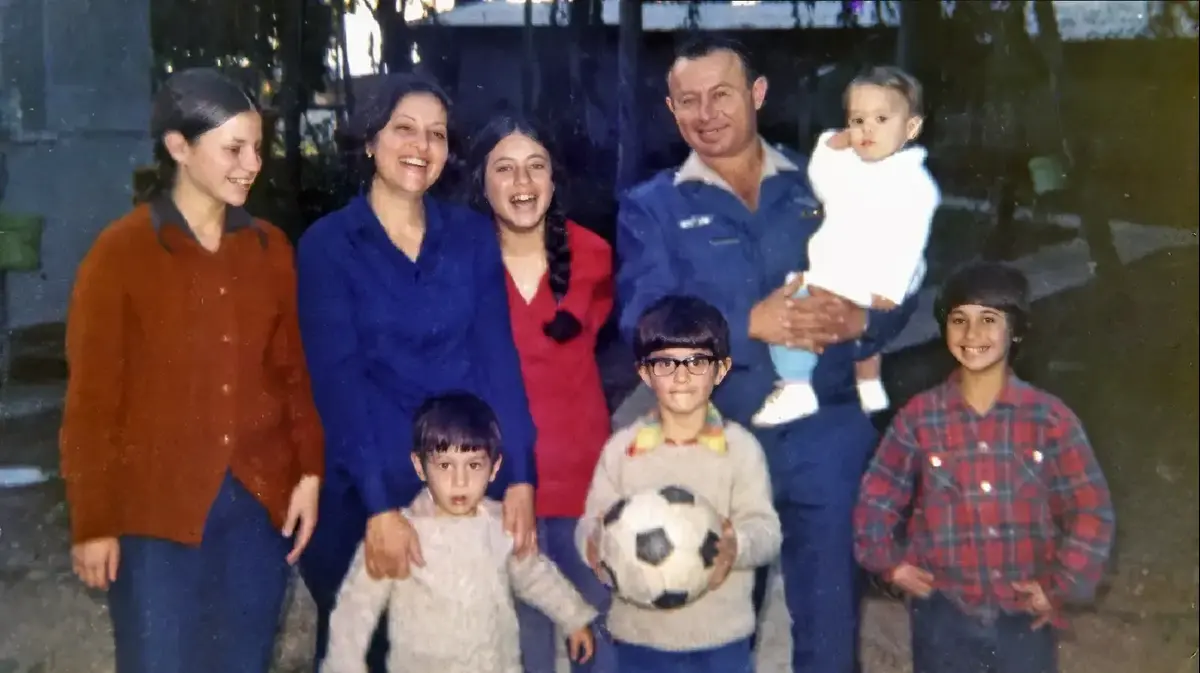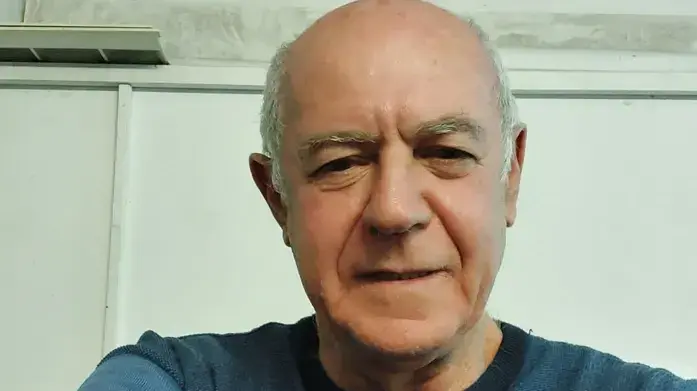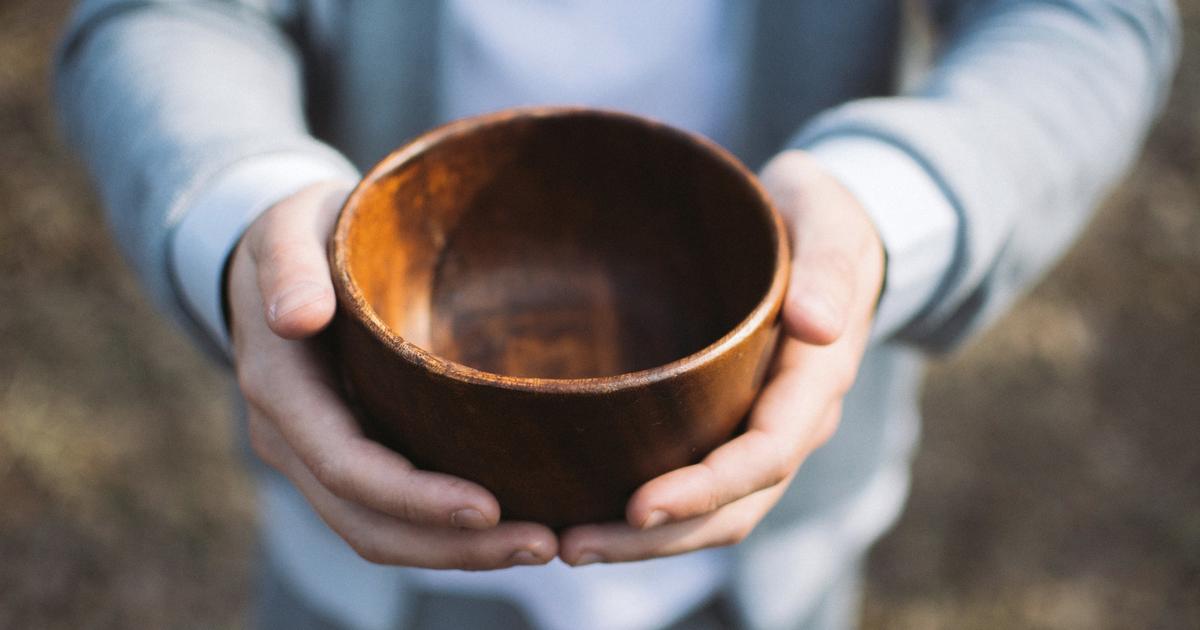news
News in Israel
Events in Israel
Synagogues filled with the shadow of battles and the expulsion of immigrants: back to the first Yom Kippur of Israel
The establishment of the state and the difficult war gave the holy day in 1948 a new touch.
The dead in the battles that raged across the country united among the people, and despite the dismal economic situation, many agreed to help thousands of Jews who dreamed of coming to Israel and were deported to the camps by the British. "We prayed with a great cry for injustice."
Tags
Yom Kippur
Establishment of the State
The War of Independence
Cyprus
Eli Ashkenazi
Sunday, September 27, 2020, 5:00 p.m.
Share on Facebook
Share on WhatsApp
Share on general
Share on general
Share on Twitter
Share on Email
0 comments
Ministry of Health in the Education Committee: It is impossible to take ...
Netanyahu: The ombudsman will not investigate the prosecution's conduct, ...
4 wounded from stab wounds in Paris, background checked 25.09.2020
Trump has announced the candidacy of Judge Amy Connie Bratt ...
A fire broke out in the yard of an oil plant in Acre;
Traffic arteries blocked ...
With chairs and keeping distance: about a thousand demonstrators outside the residence ...
Protest against government corruption in Jerusalem, in front of a residence ...
Attack on demonstrators in the Shapira neighborhood, Tel Aviv
Dozens of protesters demand to publish the name of the stabbing suspect ...
Kochavi: The fight in Corona is the IDF's number one mission ...
Only 200 participants, in capsules: Slichot prayer class ...
Trump in a meeting with Netanyahu: 5 more countries will sign ...
In the video: POWs return home (Photo: State Archives)
Even in the State of Israel, the state that was born only five months earlier, that Yom Kippur took on a special character.
"This Yom Kippur, the first in the State of Israel, was completely different from all the Yom Kippur of previous years," the newspaper Maariv wrote at the time.
The establishment of the state and the difficult war, gave a new touch to the holy day.
"Shabbat Shabbat is filled with new content. 'New poetry' was heard by the rabbis who went up to preach to their flocks and during 'Kol Nidrei' and during 'Yizkor' new tears flowed from mothers' eyes, about a new kind of 'sacrificial sacrifice' that Israeli mothers sacrifice on the altar of the saints of Israel. ", Written.
"And in the synagogues, new faces were seen that had not been interviewed for decades in Israeli temples - the soldiers of the Israel Defense Forces."
More on Walla!
NEWS
Fasting times, restrictions and what the prayers will look like: A guide to Yom Kippur in closure
The forecast for Yom Kippur: Sharbi with heavy heat loads in most parts of the country
What remains open and the outline for demonstrations and prayers: a guide to the general closure
Get a good night's sleep: The method that will help you get rid of snoring quickly
Maariv newspaper on the first day of Yom Kippur, 1948 (Photo: Maariv)
When decisive battles were still raging within the borders, government institutions began to establish rules, laws, and frameworks that would shape the image of the state and run its institutions.
For example, preparations have begun for a census and the public is called upon to prepare pictures for visitors to come to homes.
At the same time, many immigrants arrived at the country's ports every day, when only two days before Yom Kippur, 600 immigrants got off the ship at the port of Haifa.
At the home of President Haim Weizmann in Rehovot, the first meeting of the President of the Provisional State Council with Prime Minister David Ben-Gurion was held on the same day.
The two discussed the powers and field of action of the president.
In Tel Aviv, the same day, the court for the prevention of speculation imposed fines on four shopkeepers who did not display prices on the groceries in their grocery stores.
The Jerusalem District Court was hearing a much heavier case in those days, when judges sentenced British officer William Sylvester to seven years in prison for spying.
This was the first espionage trial in Israel, as was Sylvester's appeal to the Supreme Court, as well as his acquittal on the grounds of doubt, which was probably the first acquittal.
Illegal immigrants to Mandate Palestine captured in Cyprus (Photo: Jewish Agency)
Although the period was defined as a "truce" between the warring states, battles were constantly fought throughout the country, mainly on the southern front, but also in the Latrun area, Jerusalem and the north.
In just three days prior to Yom Kippur, 21 Israelis, soldiers and civilians, including five women, were killed.
Among the dead was 19-year-old Laila Yosef, who served in the Palmach. She was killed along with her friend Miriam Osia, 20, in an Egyptian shelling near Kibbutz Dorot
. The bereaved father, Dr. Dov Yosef, was the military governor of Jerusalem, and by virtue of his position was in charge of the management of civilian life in the city, which was under siege in those days.
The food and water that came to the city were distributed to the residents sparingly, but despite the shortage and poverty, Dov Yosef managed to take care of the residents, in an organized and equal distribution.
Half a year later, he was appointed Minister of Supply and Rationing, a position in which he was in charge of austerity policy.
Despite the difficult economic situation in the country, there was widespread civilian mobilization in those days to support the 12,000 immigrants deported by the British to a camp in Cyprus.
"Hurry up with your invitations," the Committee for the Exile of Cyprus called out to the country's residents.
The committee prepared "gift of encouragement and blessing" packages for the thousands of immigrants who were prevented from descending on the shores of Israel.
The value of each package was one pound and it included jam, chocolate, sweets, fish, fruit and cigarettes.
Extensive mobilization has been recorded in support of the 12,000 people deported to Cyprus (Photo: Davar newspaper)
The conditions in the camps in Cyprus, known in Israel as "Bain pens" - after the then British Foreign Secretary, who hated the Israelis - were difficult.
"Make noises for us, save us," the illegal immigrants in the camp, most of them Holocaust survivors from Poland and Romania, begged.
There were emissaries in the detention camps who came from Eretz Israel before the establishment of the state.
They were sent according to a party key.
Moshe Moskowitz was an emissary of the religious kibbutz movement in the camps.
A few years earlier, he and his friends had established Kibbutz Mesuot Yitzhak in Gush Etzion.
While on the same mission, his kibbutz fell to the Jordanian Legion and his comrades were taken prisoner along with the other residents of Gush Etzion.
That Yom Kippur was unbearable for him.
"After the declaration of independence, the feeling was that here, the British would let the immigrants come to their home in Israel, but they decided not to release young people on the grounds that they maintain neutrality in the war raging in Israel," he said.
"It was a difficult decision and the mood in the detention camps was very difficult."
"Save us" (Photo: Maariv)
The Illegal Immigrant Camp in Cyprus (Photo: Zionist Archive)
"We prayed for the great injustice done"
The hope that the prisoners would be released during the Tishrei holidays also vanished.
"The atmosphere was difficult," recalls Moskowitz, then 23. He himself, who was sent to help and support, went through difficult days.
His kibbutz was destroyed and his friends captured.
His wife and daughter left the bloc for the battles to Jerusalem.
Moses, who was sent to Cyprus for three months, was asked to continue his mission.
At some point he was allowed to arrive in Israel for two days, but the convoy in which he ascended to Jerusalem was attacked and he was forced to retrace his steps, return to Cyprus and wait many more months until the long-awaited meeting.
The three months of the mission became 16 months.
"I knew that the situation in Jerusalem was very difficult, that there was a severe shortage and I worried about my wife and daughter," he said.
His wife was also worried and did not know what had happened to him and why he had not come to visit.
The Yom Kippur prayers at a camp in Cyprus in 1948, Moskowitz remembers well.
"We prayed with a great outcry for the great injustice done. There is a Jewish state and we are in Cyprus with thousands of illegal immigrants who were prevented from reaching their homeland," he testified.
"On the other hand, there was also a feeling that here, we have a Jewish state and soon everyone will be able to reach it."
In the Israel of those very days, they began to debate how the Jewish identity of the state would be defined.
The political power of the religious parties was small in the beginning of the state - only 16 members of the First Knesset represented the religious parties.
Much of the labor movement defined itself as completely secular, although it found various expressions of Jewish life in the Land of Israel, emphasizing the connection to the land, and to farming and the seasons according to agricultural periods.
Already in the hours leading up to the declaration of independence, it was necessary to find a compromise between the religious and the secular.
Religious requested that the Declaration be mentioned "God of Israel", while Mapam opposed this. The agreement was reached was that written "out confidence in the Rock of Israel."
But the early days of the state was not always clear that a compromise will be found that the dispute over the country's image And her way of life will remain forever.This was also the main reason why a constitution was not enacted for the state in its early days.
A DP camp in Cyprus, 1946 (Photo: The Jewish Agency)
Three major rocks of controversy between religious and secular have been since the early days of the state on issues of education, Shabbat and kosher.
The political camps set boundaries of a status quo that would allow action to be taken despite the gaps and disagreements.
The agreements stood the test of time in the field of education, the question of kashrut and especially in the struggles to keep the Sabbath.
In contrast, there is not much evidence of controversy surrounding Yom Kippur in the early years of the state.
On the first day of Yom Kippur, it was a foreign citizen who asked for a special permit that would allow his driver to drive him that day.
It was an American journalist who wanted to travel from Jerusalem to the South.
His driver announced that he would not be able to do so for religious reasons.
The reporter asked the chief rabbinate to give the driver a special permit to travel on Yom Kippur, but the answer he received was that the rabbinate has no such authority.
"There was a feeling that here, there is a Jewish state and soon everyone will be able to reach it."
Moskowitz (Photo: Reuven Castro)
The newspaper Al Hamishmar, which represented the line of the United Workers' Party (Mapam), criticized the fact that IDF soldiers who did not fast received dry sandwiches.
The paper also wrote about "great puzzlement and dissatisfaction among the general public about the silence of 'Kol Yisrael' for 31 hours. To hear about what is happening on the Israeli front. "
In the cities, the synagogues were full.
Perhaps it was the time of war that unites human beings, or the sense of solemnity of the first Yom Kippur in the life of the state.
A Maariv reporter who was in Jaffa reported on "a large crowd standing under the windows (of the synagogues, AA) in the courtyards and on the street."
In addition, he noted the change in lifestyles in the city following the results of the war.
"In previous years, all the rebellious and lustful people went down to Jaffa, who went there to fill their stomachs with the delicacies of the Arab city," it was written.
"This time our Yemeni brothers were able to dedicate themselves to their prayers in peace and quiet and did not have to get upset at the sight of Israeli criminals coming down to Jaffa to commit an offense."
(Photo: Al Hamishmar)
Despite the difficult situation in Jerusalem, many went up to it on Yom Kippur and the synagogues were filled to capacity.
The French consul's request to Jordan for permission to pray for dozens of Jews at the Western Wall was denied.
Almost throughout Yom Kippur, there was silence in Jerusalem.
Several shells fired violated the sanctity of the day and caused minor injuries to two soldiers.
In the Rehovot colony, word spread that President Weizmann had arrived at the Great Synagogue.
Hundreds flocked to the place and watched him converse with the choir boys at the end of the prayer.
The first president was honored at the opening of the ark and passed between two long columns of worshipers.
More on Walla!
NEWS
Confidential document: The golden knowledge about the start of the Yom Kippur War was delayed for hours
To the full article
Despite the little food before the fast and the long queue for a shower in the detention camp in Cyprus, Moskowitz remembers "a really beautiful prayer and wonderful prayer leaders."
Four months later, in February, the last of the illegal immigrants left the detention camps and arrived in the State of Israel.
In early February, the Jordanians also began releasing the prisoners of the Umm al-Jimal camp who had returned to Israel and rebuilt their settlements, bearing in their hearts that Yom Kippur captivity, "Yom Kippur when prayer came from the depths of the heart.
Share on Facebook
Share on WhatsApp
Share on general
Share on general
Share on Twitter
Share on Email
0 comments

